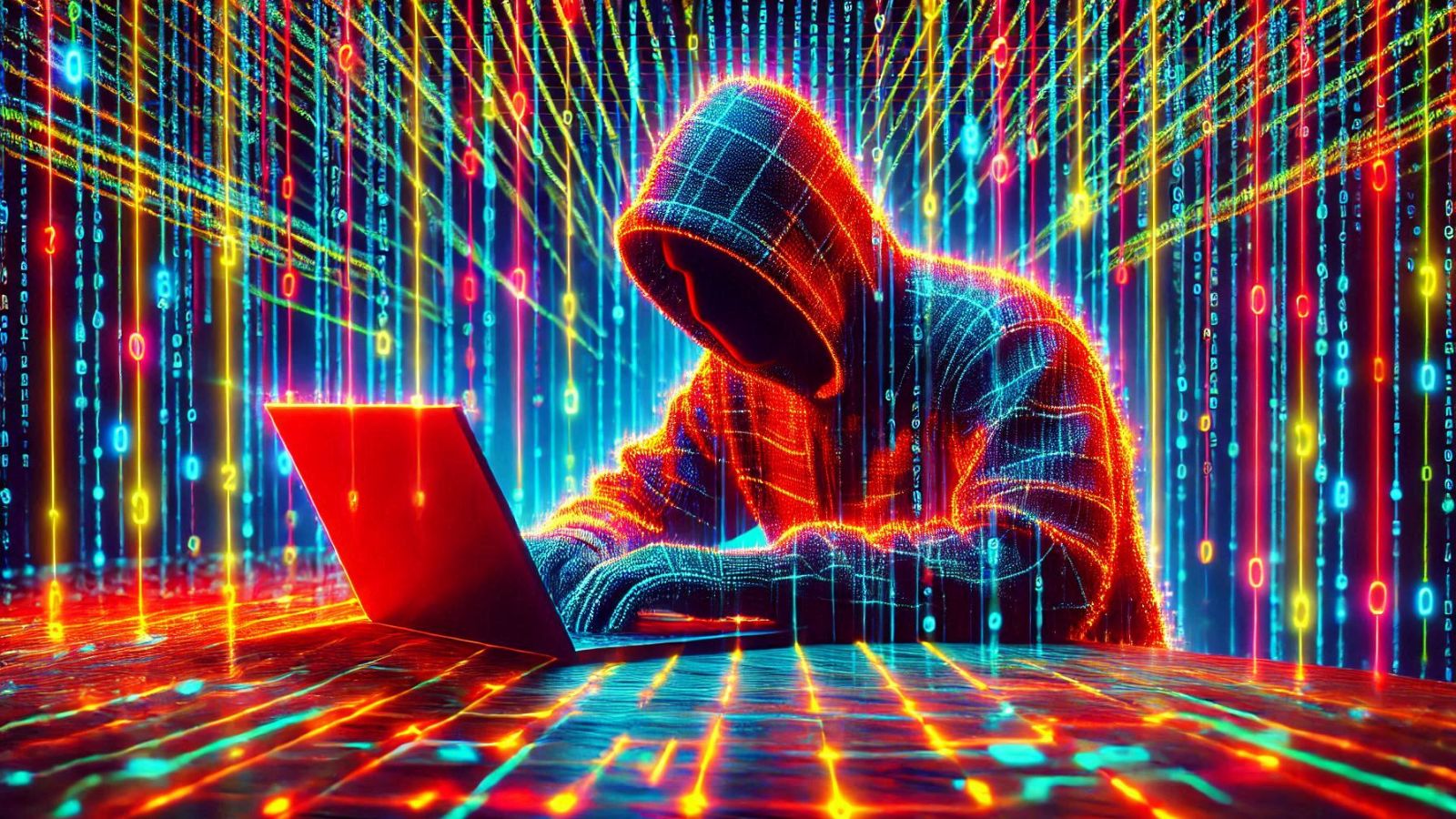
Hacker Selling Access to the Entire Moscow Traffic Camera Network
- Someone is selling access to live feeds and recorded footage from tens of thousands of cameras in Moscow.
- Moscow citizens have been expressing their concerns with the operation of these networks, but the state has dismissed them all.
- Similar breaches have happened before, and the admins of the system seem to be unable to secure and operate it responsibly.
A dark web actor is selling access to the entire camera system in Moscow, allowing the buyer to view entrances, parks, polyclinics, schools, roads, etc. As the posting suggests the access is not eternal, but it will be very long, given the fact that the password doesn’t change very often. Also, in addition to the live feeds that are available, there is also recorded footage that goes as far back as five days. This has been spotted by Twitter user “Shadow Intelligence” who sweeps the dark web alleys daily, locating interesting postings like this one.
https://twitter.com/shad0wintel/status/1280411228414803969
Moscow is one of the most surveilled cities in the world, with 105,000 cameras eyeing the streets, violating people’s privacy rights, and sending massive amounts of data on AI-based central facial recognition systems. Recently, a Moscow court reviewed a lawsuit that was going against the use of these mass surveillance systems and dismissed it. The plaintiffs, lawyer Alena Popova and politician Kirill Koroteev have since decided to address the matter to the European Court of Human Rights.
Together with @Korkinen, Valentina Frolova and Vladimir Milov we filed an application to the European Court of Human Rights challenging the use of facial recognition in Moscow.https://t.co/isUGVmWP0S
— Alena Popova (@alenapopova) July 8, 2020
The security concerns that arise from running a huge camera network and not protecting it against hackers are dire. Moscow citizens are now not only watched by the state's agents but by dark web crooks too. Having your privacy breached by these people could very easily lead to blackmailing, scamming, or just having your office or home raided while you’re somewhere else.
As serious as this all sounds, the Moscow state has proven its inability to secure the system very recently, in December 2019. Researchers at “MBKh Media” discovered that someone was selling access to Moscow’s network of more than 170,000 surveillance cameras on the dark web, with the price set at just $470. Back then, the investigators bought themselves access to a network of 3,000 dedicated facial recognition cameras. After they tried to target one of their own journalists for testing purposes, the system returned 238 images with full time and date stamp details and even the identities of the people who were with the target.
In another recent story, someone has leaked the ID details and registration data of 129 million car owners in Moscow, Russia, linking full names with car plates (and a lot more). Using that data in combination with access to the traffic cams could help someone locate a target even when they’re driving somewhere. All that said, it is clear that intensive surveillance and data collection have multiple and combined consequences for the Moscow citizens, even those who have full confidence in the state and its intentions.
Read More:
- Which Countries Have the Worst Mass Surveillance?
- ‘Athena Security’ Deploying Thermal Surveillance Cameras in the U.S.
- A Massive 1.7 Terabytes of Russian Telco Information Was Exposed










